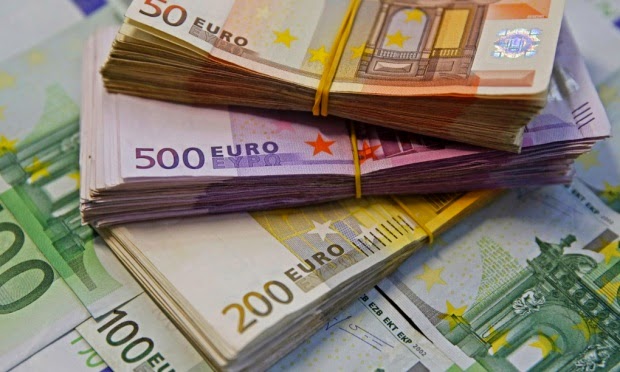Competition
chief Margrethe Vestager says Belgian tax system violates EU rules on illegal
state aid to multinationals
The Guardian, Sean Farrell, Tuesday 3 February 2015
 |
| Belgium is being investigated for offering illegal tax breaks to multinationals under EU law. Photograph: Dado Ruvic/Reuters |
Belgium has
come under investigation by the European commission over tax breaks for
multinational companies as Brussels widens its crackdown on corporate tax
avoidance.
Competition
commissioner Margrethe Vestager said the commission believed Belgium’s tax
system violated European Union rules on illegal state aid by giving
international companies an unfair advantage over Belgian competitors.
Belgium
allows companies to reduce their tax bills by claiming deductions for “excess
profits” that result from being part of a multinational group. These include
economies of scale that flow from being an international business. But the
commission said the deductions could significantly overstate the actual
benefits, usually amounting to more than 50% of profits covered by the tax
ruling, and in some cases 90%.
Vestager
said: “The Belgian ‘excess profit’ tax system appears to grant substantial tax
reductions only to certain multinational companies that would not be available
to standalone companies.
“If our
concerns are confirmed, this generalised scheme would be a serious distortion
of competition, unduly benefiting a selected number of multinationals.”
Like other
countries, including Ireland, Luxembourg and the UK, Belgium has tried to use
its corporate tax system to attract large foreign companies. Belgium has high
labour costs but the “excess profit” provision lets multinational businesses
cut their corporate tax bills to well below the standard 34% rate.
Vestager
rejected Belgium’s argument that the arrangement avoided “double taxation” of a
company in two or more countries, saying that no other country had made a claim
to tax the same profits.
The
Brussels crackdown comes after the Guardian and other news organisations published details of leaked tax rulings in Luxembourg showing how some of the
biggest multinationals and household names had used complex financial webs to
legally cut their liabilities.
After the
Luxleaks revelation the commission in December asked all 28 member countries
for details of tax deals made with companies between 2010 and 2013.
To qualify
for the Belgian tax break, a company needs to secure a ruling from the
country’s tax authorities. The scheme appears only to benefit multinational
companies and the rulings are often granted to companies that have moved large
parts of their activities to Belgium, the commission said.
Vestager
declined to name companies that benefited but said they were based in the US
and elsewhere.
The
commission’s inquiry seeks to stop EU countries using unfair tax breaks to lure
companies trying aggressively to reduce their tax bills.
The
commission is also investigating the tax arrangements of Amazon and Italian
carmaker Fiat in Luxembourg, Apple in Ireland and Starbucks in the Netherlands.
Tax avoidance is not illegal but revelations about low tax bills for multinational
corporations such as Apple and Amazon have prompted protests about the power of
“stateless capital” to avoid paying a fair contribution towards the societies
in which corporations do business.
Europe and
the US have increased efforts to stop countries competing unfairly to attract
companies and to reduce corporations’ ability to move their business to the
cheapest jurisdiction. The commission started its investigation into some
states in June 2013 but expanded it to include all member countries at the end
of last year.
Under
pressure from the commission, Ireland was forced in October to close a tax
loophole, the “double Irish” that had attracted companies such as Apple and Facebook
to base their European headquarters in the country.
President
Obama set out plans on Monday to force US multinationals to pay tax on more
than $2tn (£1.3tn) of profits held in countries with lower corporate taxes. The
White House has also clamped down on so-called inversion acquisitions of
foreign companies by US companies that then move their tax bases to the
takeover target’s country to make savings.
Vestager,
Denmark’s former deputy prime minister and economic minister, became
competition commissioner in November and was soon in the spotlight when the
Luxleaks documents revealed tax deals in Luxembourg when her boss, commission
president Jean-Claude Juncker, was prime minister.
The
revelations led to calls for Juncker to be investigated over allegations that
he encouraged corporate tax avoidance. Juncker has rejected the
allegations.
Related Articles:











No comments:
Post a Comment
Note: Only a member of this blog may post a comment.